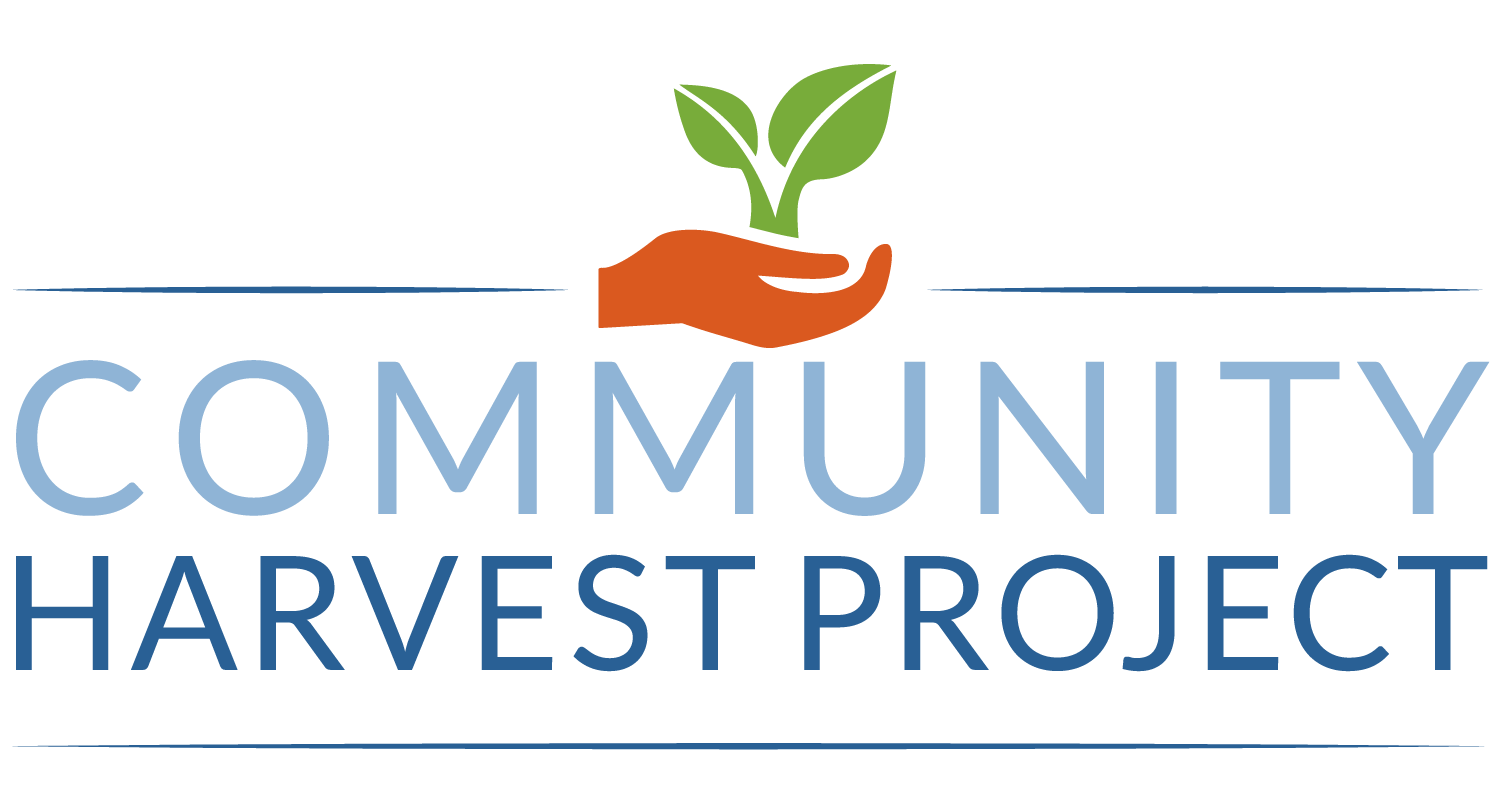Hunger Relief
Hunger Relief Resources & Food Access for Individuals
Food insecurity in Massachusetts still sits at 2x the pre-pandemic rate (Project Bread). Rising food prices continue to minimize the amount of food people can afford even if they work or receive government aid. Despite resuming work, many people still shoulder accrued debt and financial insecurity from the pandemic. Facing painfully higher daily costs, families must choose between essentials like medicine or food, sometimes sacrificing their health.
Hunger Relief Information
Partners
Food Banks/Distribution Partners – Large aggregators and distributors of food that supply our produce to smaller agencies.
- Boston Area Gleaners (Acton)
- Greater Boston Food Bank (Boston)
- Worcester County Food Bank (Shrewsbury)
- Spoonfuls (Worcester)
Pantries and Community Meals – Local emergency food services that are open to the public.
- Acton Community Supper and Food Pantry (Acton)
- Stone Soup Community Kitchen (Ayer)
- Sharing is Caring (Clinton)
- Clear Path for Veterans (Devens)
- Loaves and Fishes (Devens)
- Grafton Food Bank (Grafton)
- Vineyard Church of Hopkinton Mobile Pantry (Hopkinton)
- Catholic Charities* (Leominster)
- Brigid’s* (Millbury)
- Townsend Ecumenical Outreach (Townsend)
- United Parish Upton (Upton)
- CENTRO* (Worcester)
- Jeremiah’s Inn* (Worcester)
- Revival Church – Fountain of Life* (Worcester)
- Woo Fridge (Worcester)
Residential Programs – Supported housing programs that are closed to the public.
- Hector Reyes House (Worcester)
- Visitation House (Worcester)
- YOU Inc. Teen Parent Supported Living Program – (Worcester)
Food as Medicine – Partnerships with health centers and medically tailored meal programs.
- Community Servings (Boston)
- The Virginia Thurston Healing Garden Cancer Support Center (Harvard)
- Family Health Center of Worcester (Worcester)
- UMASS Memorial Health – Benedict Family Medicine (Worcester)
*Starred organizations represent Worcester County Food Bank partner agencies who receive direct produce distributions from CHP.
How to become a partner
Community Harvest Project adds new distribution partners periodically to increase the number of individuals that our produce reaches. Produce distribution windows vary according to the weather and crop yield, but typically take place June through October (exact distribution dates vary by partner).
If your agency already receives produce from a food bank or distribution partner like the Worcester County Food Bank, Boston Area Gleaners, Greater Boston Food Bank, or Spoonfuls you may already have access to CHP fruits and vegetables.
Prospective new CHP partners cannot have an existing distribution relationship with the Worcester County Food Bank, Boston Area Gleaners, Greater Boston Food Bank, or Spoonfuls. Potential partners must be able to pick up at one of our farms and have adequate refrigeration for fresh produce. If you are interested in learning more about becoming a partner please contact tori@community-harvest.org.
Food Access for Individuals
While CHP does not distribute produce directly to individuals, we are committed to helping our neighbors connect with food resources. If you are experiencing hunger, please see our list of public-facing distribution partners. If there is not an emergency food source in your vicinity on our partner list, here are some additional resources to help you find food:
-
- Massachusetts 211 (help available 24/7)
- Project Bread Help Directory
- Food Help Worcester
- Worcester County Food Bank Find Food
Reducing Hunger
Hunger exists because our society allows it to. We live in a modern world with the technology to grow, process, and store food to sustain our population. But, not all people have equal access to this food. There are many ways that individuals can work to reduce hunger in our local communities, as well as throughout Massachusetts and the country.
Maybe you’ve already volunteered at CHP – thank you! You could deepen your involvement as a Team Leader, Committee member, or Board member. Many pantries also seek volunteers to help distribute food.
Advocate
Use your voice to speak up about the importance of local and national legislation to end hunger. Call your local politician to tell them what bills are important to you and your experience accessing food.
Massachusetts Bills:
- An Act relative to universal school meals (H.603/S.261).
- An Act Establishing the Massachusetts Hunger-Free Campus Initiative S.835/H.1293
- An Act encouraging the donation of food to persons in need S.920/H.1594
Federal Bills:
- Hot Foods Act HR.3519
- Lift the Bar Act to lift the 5-year residency bar to SNAP and other public benefits that apply to many non-citizens
- Healthy Meals Help Kids Learn Bill HR1269
- The Medically Tailored Home-Delivered Meals Demonstration Pilot Act (H.R. 6780)
Fund organizations like CHP and other non-profits that fight hunger at a local level.
Vote
Vote for politicians at every level of government that prioritize programs that are proven to reduce hunger, like SNAP and WIC.
Learn More about CHP

Our Team

Open Positions


